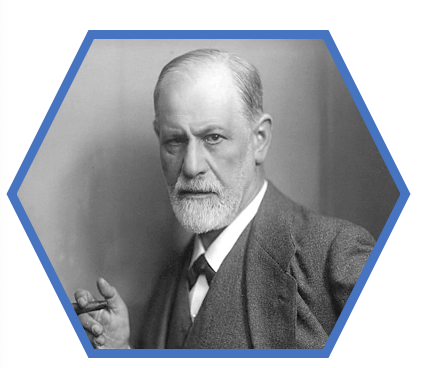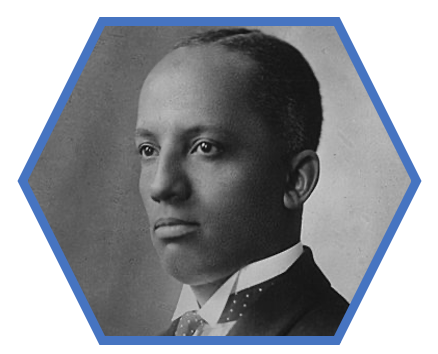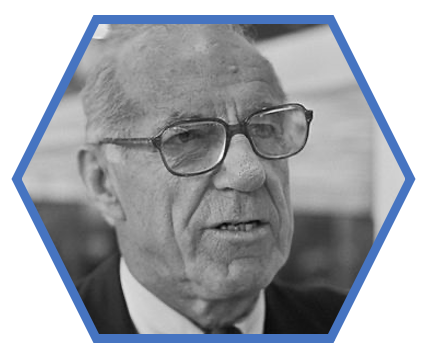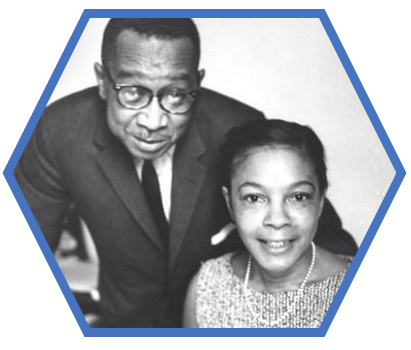4 Interdisciplinary Influences
Interdisciplinary
Interdisciplinary refers to more than one branch of knowledge. In the case of Early Childhood Education, the disciplines include medicine, psychology, biology, parent educators and other early childhood professionals who have knowledge that helps to inform our practices with children and families. The collective knowledge we gain from these contributions, gives our field the evidence to support the role of the teacher in providing engaging environments, meaningful curriculum, guidance strategies, etc. This is often referred to as “best practices”. As you continue to engage with this textbook, this will become more apparent to you as it relates to the unique role of an early childhood professional.
 Sigmund Freud (1856-1939)[1]
Sigmund Freud (1856-1939)[1]
- Developed theory that drastically changed how we look at childhood
- Based on listening to adults (primarily women) who shared their early traumatic experiences
- First to note that the early experiences of children have a lasting impact on who we become
Carter G Woodson (1875-1950)[2][3]
- Has been called the ‘father of black history’
- Believed history belonged to everybody
- Life long educator – taught in public schools and later at Howard University
- Founder of the Association for the Study of African American Life and History
- Created [Negro] history week which developed into to African Heritage month (February)
Arnold Gesell (1880-1961)
- Physician that was concerned with the growth and maturation of children from a medical perspective
- Collected data with his colleagues on children’s growth patterns and the milestones they achieve at various ages
- This work became the foundation of what early childhood educators call “ages and stages” of development
 Benjamin Spock (1903-1998)[4]
Benjamin Spock (1903-1998)[4]
- Pediatrician who wrote a parenting book in 1946 called Baby and Child Care that sold 50 million copies around the world in 42 languages
- Offered a new approach to raising a healthy child with a common-sense approach to parenting
- Promoted baby proofing homes so that children aren’t required to be confined in playpens
Mamie Phipps Clark (1917 1983) and Kenneth Clark (1914-2005)[5]
- Fought for integration of African American students in ‘white schools’.
- Studied racial bias in education
- Mamie Phipps Clark research was developed into the Doll experiments that exposed internalized racism and the negative effects of segregation[6]
Attribution
- Sigmund Freud. (2022, April 6). In Wikipedia. https://en.wikipedia.org/wiki/Sigmund_Freud ↵
- U.S. Department of the Interior. (n.d.). Carter G. Woodson. National Parks Service. Retrieved April 4, 2022, from https://www.nps.gov/cawo/learn/carter-g-woodson-biography.htm?msclkid=f7a8e3ccaec611ecb2b188c21dd26216 ↵
- Carter G Woodson image, open domain via Wikimedia Commons. ↵
- Benjamin Spock. (2022, April 4). In Wikipedia. https://en.wikipedia.org/wiki/Benjamin_Spock ↵
- American Psychological Association. (2012). Mamie Phipps Clark, Phd, and Kenneth Clark, Phd. American Psychological Association. https://www.apa.org/pi/oema/resources/ethnicity-health/psychologists/clark?msclkid=5ea18bdaaebb11ec8c123910f1f995ed ↵
- Butler, S. (2009). Mamie Katherine Phipps Clark (1917–1983). The Encyclopedia of Arkansas History & Culture. ↵

